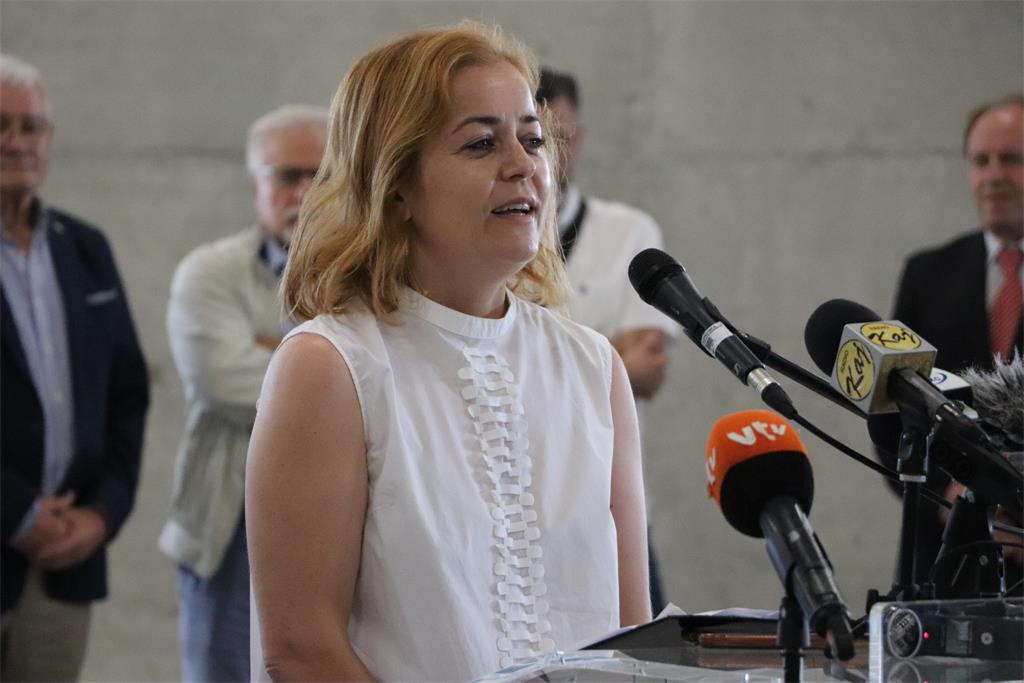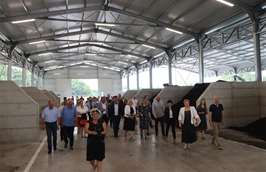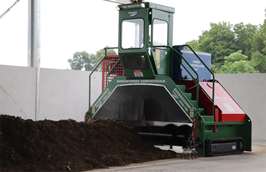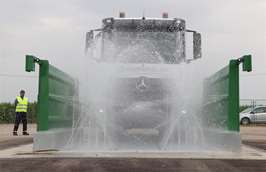15.07.2021.
In the suburban area of Koprivnica, in settlement Herešin, the opening ceremony was held today and the trial run of the Herešin Composting Plant. The Fund always supports project like this one that aim at increasing the capacities for the biological treatment of separately collected biowaste.Composting Plant Herešin is one of the most modern facilities for the treatment of biodegradable waste in Croatia. The project for the extension, upgrading and equipping of the recycling plant for separately collected biowaste with composting is worth HRK 14-3 million, of which 4.5m is financed by the European Union from the Cohesion Fund, and project beneficiary is Komunalac d.o.o.
“According to the report published by the Ministry of Economy and Sustainable Development last year, Koprivnica has a share of 56% of separately collected waste placing it at the top in Croatia, and this composting plant will contribute to achieving the European goal of 40 percent of the mass of produced biowaste by 2022,” said Maja Feketić, the head of the EU Funds Sector at the Fund, at today’s opening ceremony.
Nataša Tetec, the president of the Komunalac Management Board, pointed out that the priority of Komunalac was to reduce the landfilling of waste, and she added: “We believe that this composting plant, with the capacity of 9000 tonnes a year, will contribute to the achievement of local, national, and European strategic plans, increasing the share of separately collected waste, reducing the quantity of landfilled waste, and additionally improve the quality of the circular economy by producing high-quality compost in controlled conditions.”
Mišel Jakšić, the mayor of Koprivnica, reminded that Koprivnica was the runner-up in terms of waste separation in Croatia, and that the composting plant project was proof the Koprivnica was ready to embrace the innovations and flowing the EU trends.
The composting plant itself covers the surface are of 4 017 m2 that will be used for the acceptance, treatment, and pre-treatment of biowaste, and production of compost. A laboratory for monitoring of the composting process has been built as part of the two enclosures, two collection wells for industrial waters have been built, and the recirculation system will be put into place with the resulting water to be used for irrigation. Along with the enclosures, there is a canopied part where the finished compost will be stored, and the new packaging facility for 50 l bags, the new screen for sifting has been installed, the crusher, the new loader for handling biodegradable waste, and an automatic undercarriage washing installation.







